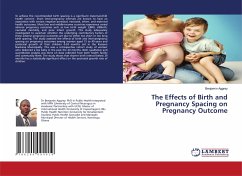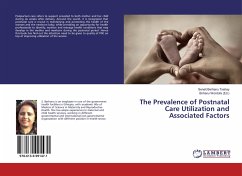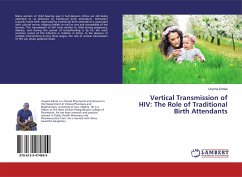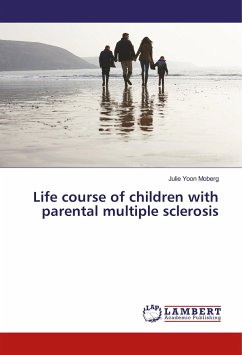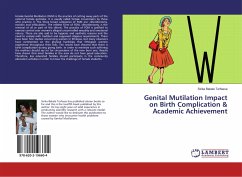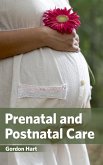To achieve the recommended birth spacing is a significant maternal-child health concern. Short inter-pregnancy intervals are known to have an association with certain negative perinatal, neonatal, infant, and maternal health outcomes. Most low and middle-income countries experience varied adverse pregnancy outcomes such as low birth weight (LBW), stillbirth, neonatal mortality, and poor infant growth. This study adequately investigated to ascertain whether the underlying contributory factors of these adverse pregnancy outcomes are due to either too short or too long birth spacing. The study assessed the effects of birth and inter-pregnancy spacing on pregnancy outcomes among women aged 15 to 49 years and postnatal growth of their children 0-24 months old in the Kassena Nankana Municipality. This was a retrospective cohort study of women who delivered a live baby in the past the 24 months. Both qualitative and quantitative analysis was done on data collected from both health facility and community levels. The study shows that shorter birth interval below 24 months has a statistically significant effect on the postnatal growth rate of children.
Bitte wählen Sie Ihr Anliegen aus.
Rechnungen
Retourenschein anfordern
Bestellstatus
Storno

